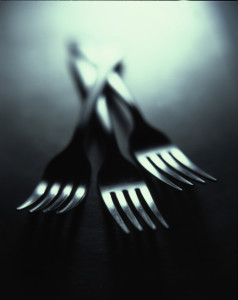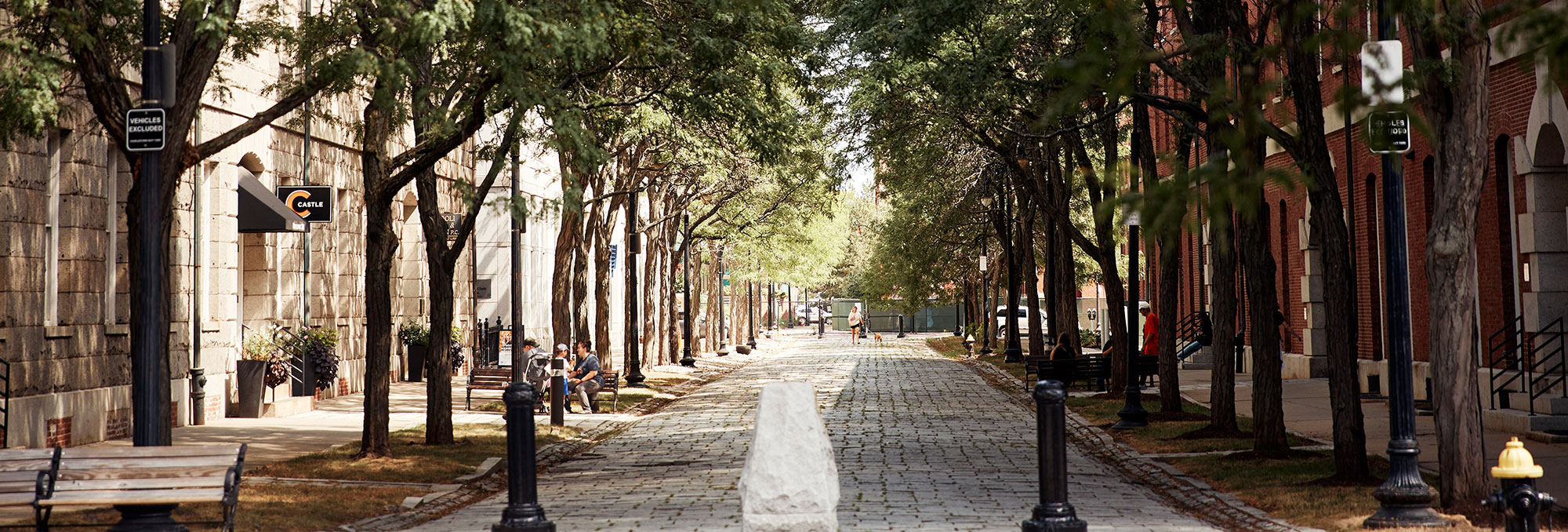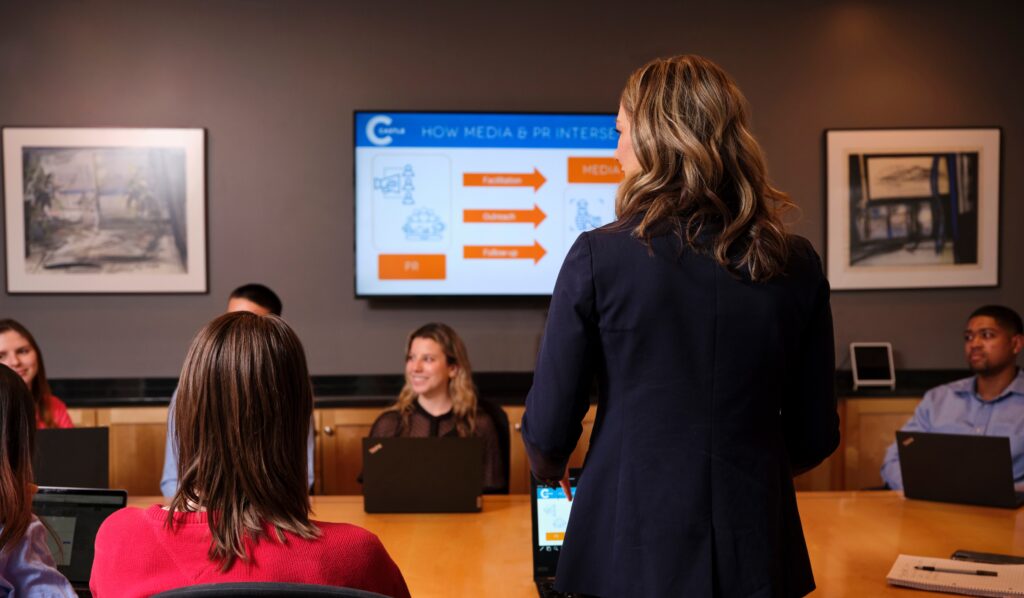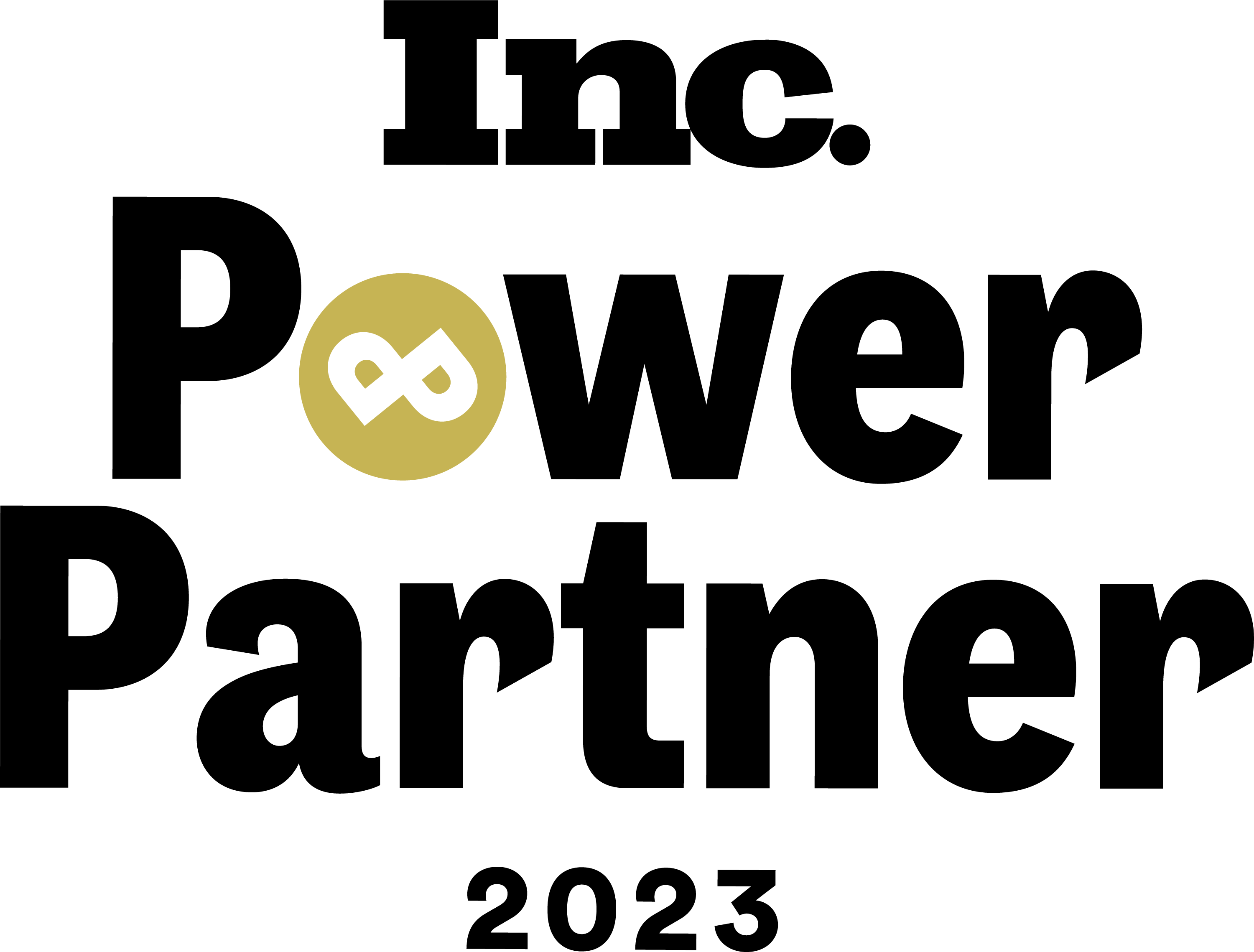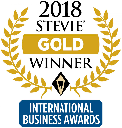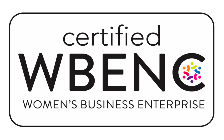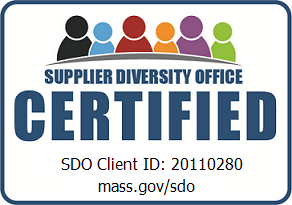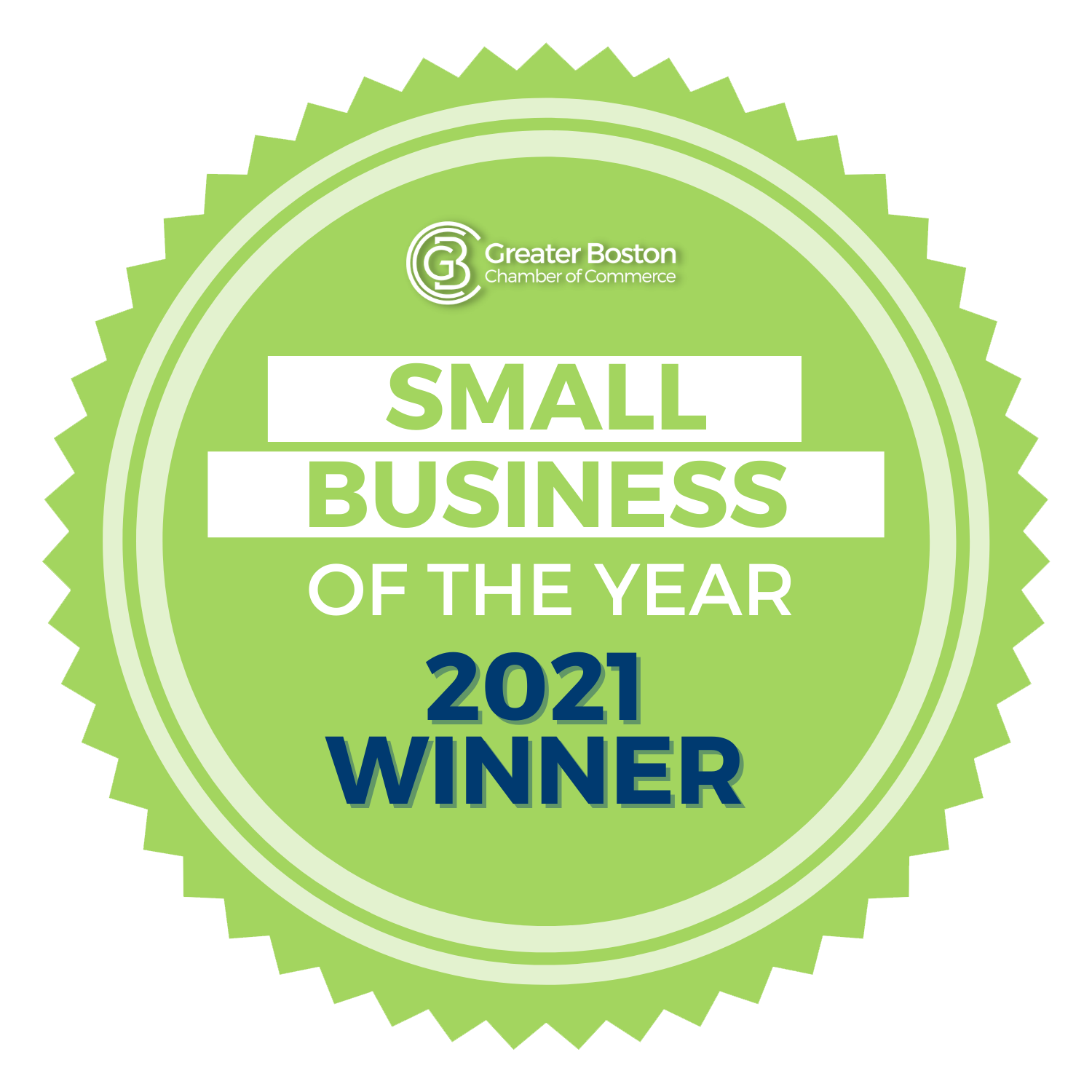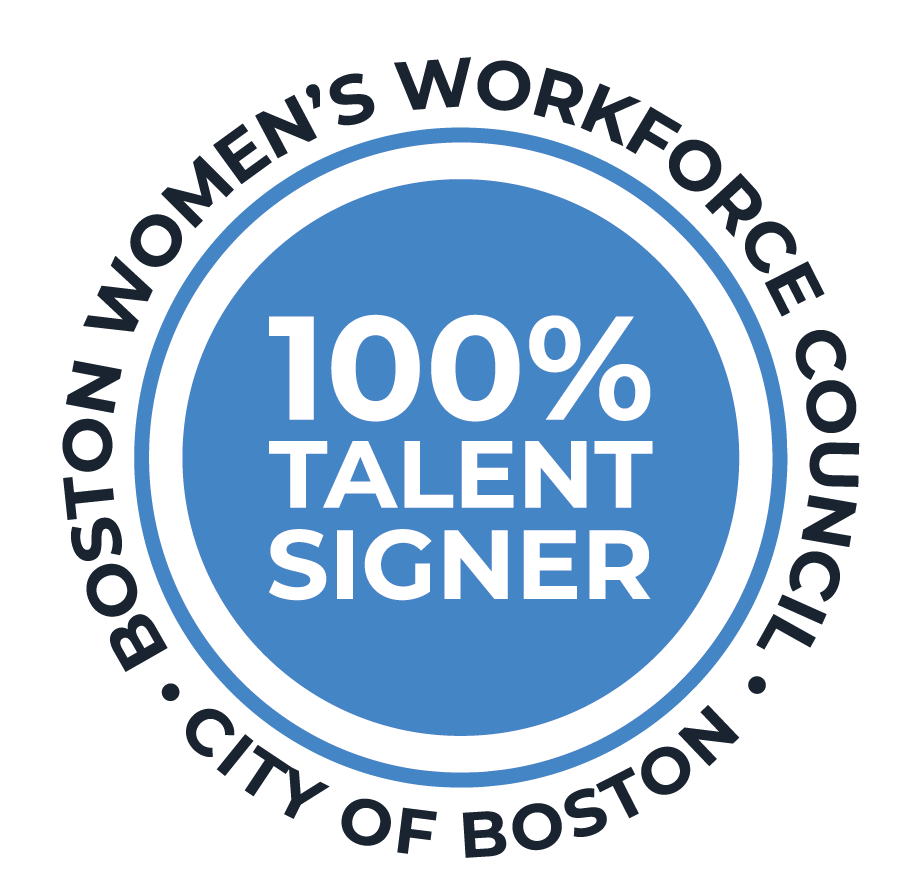Unfortunately, most of us have eaten food at a meeting or celebration that we did not like. Maybe you thought to yourself, why on earth did the host choose this? What could they have been thinking? During the planning process, tastings may take place months prior to the actual event. To avoid attendees questioning your judgment, Keri McIntosh and I have come up with some key points to keep in mind during your tasting:
Who? – Who is your audience? While you may want to taste all your favorite foods, be sure you are keeping the demographics of your audience in mind. Age, gender and culture can all play a key role in what types of foods your attendees enjoy most. Have you gathered your attendees’ dietary requirements and allergies? Do you need to cater to different religious groups – Kosher, Halal, etc.? These meals may need to be ordered from a separate caterer well in advance. The earlier you ask yourself these questions the better, as you can incorporate them into your registration or RSVP process, allowing you to provide guests with culinary options that suit their needs. What size is the audience? Something that looks and tastes great for 10 people might not translate well when you are serving 1,000.
What? – What type of event are you hosting? Does this meal have special significance? There may be an event theme that should be reflected in the fare. Make sure you take into account any goals you need to accomplish with this meal.
Where? – Whether your event is a backyard BBQ or in a formal ballroom, the setting for your meal will influence what your attendees expect to eat, the type and number of courses, selections and flavors. What space does the caterer have to prep and cook the food? Do they have to cook outside with limited equipment or is there already a full kitchen facility? Also, where is the kitchen in relation to the meal function and/or how far does food have to travel until it reaches the guest? Sometimes caterers must erect temporary kitchens that are fairly removed from the main tent and even in large conference centers the banquet kitchen might be floors away. We all want food to be hot when it’s supposed to be hot and cold when it’s supposed to cold! These are key factors to ask when determining what menu you select.
When? – Although your tasting takes place during work hours, you may be planning an evening cocktail reception or breakfast meeting. Keep this in mind while you taste the food. Your event date is just as important as the time. While butternut squash soup is not on the top of your taste buds in July, come time for your fall event, it may be the perfect dish.
Why? – Take the time to analyze as you eat. Why do you like what you are tasting? Why do you dislike certain elements? Will it pair well with what your attendees will be drinking? Take notes and photos so you can reflect back and/or share your experience with the client and team.
How? – How will the food be prepared (see “Where?” section)? How will the food be served? Is each item passed, plated, or on a buffet? Will this item hold up well under a heat lamp on a buffet? Will this hors d’oeuvre be easy to consume in one bite? Considering user experience is vital for every aspect of the event planning process.
These are six simple questions to keep in mind whose answers can only help improve your guest’s culinary experience.
Bon appétit!


